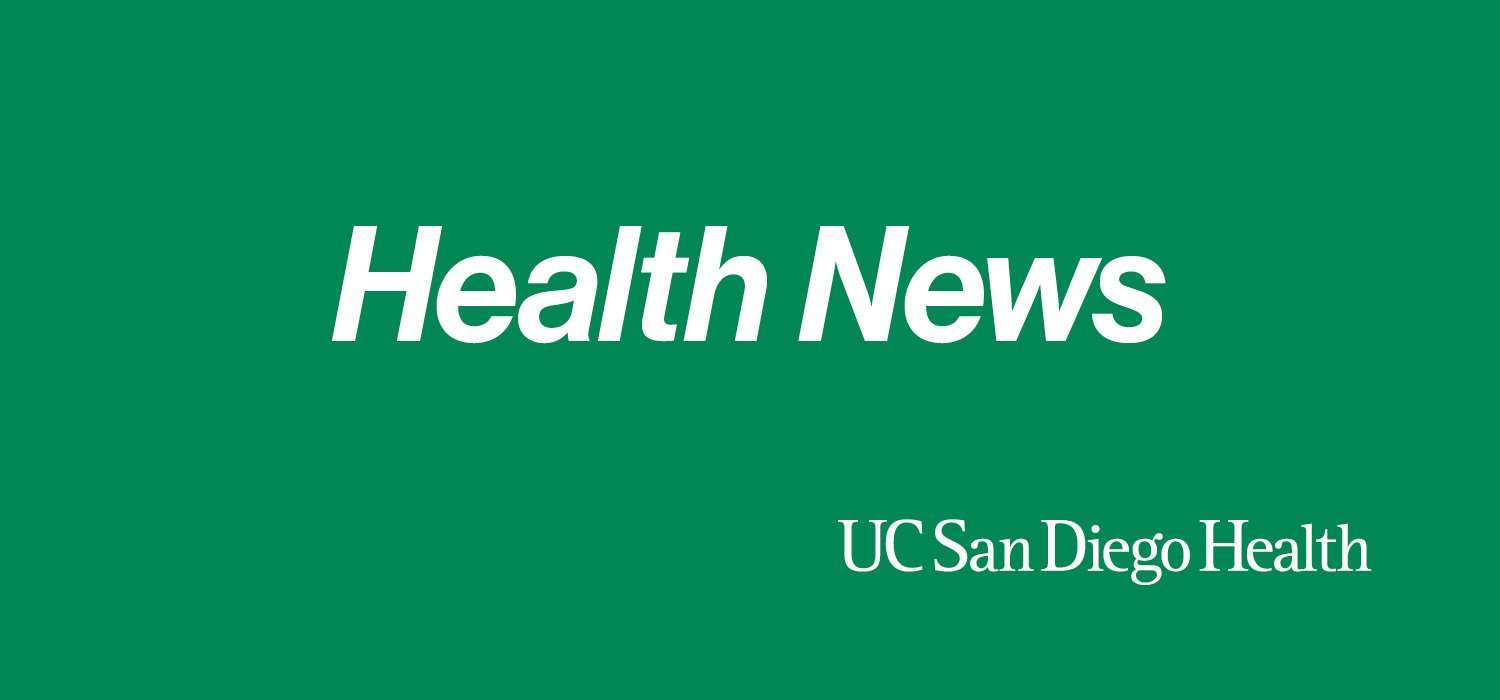December 9, 2025 | Jeanna Vazquez
UC San Diego Health Earns Highest Ranking for Obstetric, Infant CareFor the fourth year in a row, UC San Diego Health is recognized as a Best Hospital for Maternity Care by U.S. News & World Report.

December 9, 2025 | Jeanna Vazquez
UC San Diego Health Earns Highest Ranking for Obstetric, Infant CareFor the fourth year in a row, UC San Diego Health is recognized as a Best Hospital for Maternity Care by U.S. News & World Report.

December 8, 2025 | Leslie Aquinde
Alexander Khalessi, MD, MBA, Appointed Chief Innovation OfficerUC San Diego Health appoints Alexander Khalessi as chief innovation officer to lead AI integration, drive digital transformation and advance health information.

November 25, 2025 | Leslie Aquinde
Data-Driven Surgical Supply Lists Can Reduce Hospital Cost and WasteUC San Diego study shows data-driven surgical supply lists can cut waste, save millions and improve efficiency without compromising patient safety.
At UC San Diego Health, you'll experience compassionate care that puts you first. From diagnosis to recovery and beyond, our experts are leading the way in innovation and bringing you the latest in treatment options.